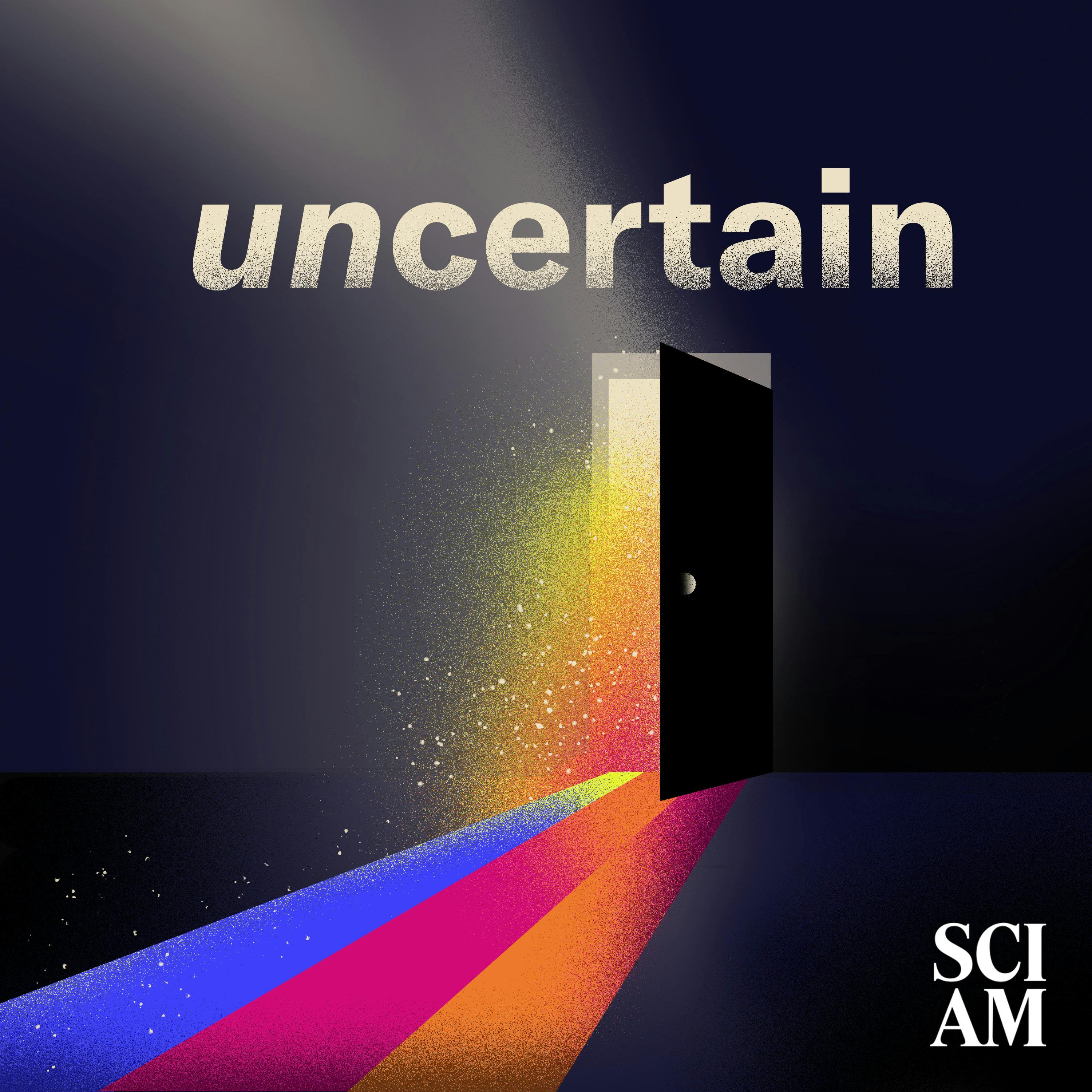

Science Talk
Scientific American
Science Talk is a podcast of longer-form audio experiments from Scientific American--from immersive sonic journeys into nature to deep dives into research with leading experts.
Episodes
Mentioned books

Dec 10, 2015 • 34min
The Epic History of the Horse
Science journalist and equestrian Wendy Williams talks about her new book The Horse: The Epic History of Our Noble Companion
Learn more about your ad choices. Visit megaphone.fm/adchoices

Nov 20, 2015 • 32min
Math Can Equal Fun
Harvey Mudd College math professor Arthur Benjamin talks about his new book The Magic of Math: Solving for x and Figuring Out Why
Learn more about your ad choices. Visit megaphone.fm/adchoices

Nov 10, 2015 • 8min
Teaching Machines to Learn on Their Own
Stephen Hoover, CEO of Xerox’s Palo Alto Research Center, talks with Scientific American tech editor Larry Greenemeier about the revolution underway in machine learning, in which the machine eventually programs itself
Learn more about your ad choices. Visit megaphone.fm/adchoices

Oct 7, 2015 • 21min
Chemistry Nobel: Keeping DNA in Good Repair
The 2015 Nobel Prize in Chemistry goes to Tomas Lindahl, Paul Modrich and Aziz Sancar for discoveries of the mechanisms by which cells maintain the integrity of their DNA sequences
Learn more about your ad choices. Visit megaphone.fm/adchoices

Oct 6, 2015 • 36min
Physics Nobel: Neutrinos <i>Do</i> Have Mass
The 2015 Nobel Prize in Physics goes to Takaaki Kajita and Arthur B. McDonald for the discovery of neutrino oscillations, which shows that neutrinos have mass Learn more about your ad choices. Visit megaphone.fm/adchoices

Oct 5, 2015 • 20min
Medicine Nobel: Sifting Nature for Antiparasite Drugs
The 2015 Nobel Prize in Physiology or Medicine goes to William C. Campbell and Satoshi Ōmura for their discoveries of a medication against roundworm parasites and to Youyou Tu for her discoveries concerning a novel therapy against malaria. Some 3.4 billion people are at risk for the diseases these drugs treat
Learn more about your ad choices. Visit megaphone.fm/adchoices

Sep 16, 2015 • 34min
The Hunt for the Fat Gene
Medical researcher Richard Johnson, of the University of Colorado Anschutz Medical Campus, talks about his October Scientific American article "The Fat Gene," co-authored by anthropologist Peter Andrews of University College London and the Natural History Museum in London. Their piece is about how a genetic mutation in prehistoric apes may underlie today’s pandemic of obesity and diabetes
Learn more about your ad choices. Visit megaphone.fm/adchoices

Sep 2, 2015 • 22min
The Errors of Albert
Physicist and cosmologist Lawrence Krauss, director of the Origins Project at Arizona State University, talks about his article "What Einstein Got Wrong," in Scientific American’s September issue, devoted to the 100th anniversary of Einstein’s publication of general relativity
Learn more about your ad choices. Visit megaphone.fm/adchoices

Aug 31, 2015 • 17min
Public Health Hero Jimmy Carter; <i>SA</i> Turns 170
Jimmy Carter talks about his public health efforts to eradicate guinea worm and improve global mental health and women's health. Plus, magazine collector Steven Lomazow brings part of his collection to the Scientific American 170th birthday party
Learn more about your ad choices. Visit megaphone.fm/adchoices

Aug 6, 2015 • 36min
Olympics Loser Boston Wins Big Economically
Smith College sports economist Andrew Zimbalist talks about why the Olympics is almost always a big financial hardship for the host city, a subject he treats at length in his book Circus Maximus: The Economic Gamble behind Hosting the Olympics and the World Cup. Recorded at the Bergino Baseball Clubhouse in New York City
Learn more about your ad choices. Visit megaphone.fm/adchoices


